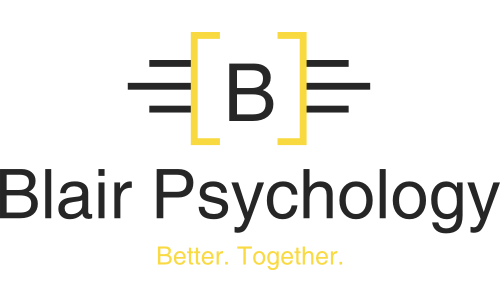“Timing is everything.”
Bringing up issues in your relationship is no easy task. For many couples, there’s never a good time. No matter when, how, or why things are brought up, attempts to address relational challenges are met with defensiveness and often lead to intense conflict or withdrawal. While there are fairly easy solutions to this problem, today’s post is less about helping you get it right, and more about making sure you don’t do the one thing that guarantees that you’ll get it wrong.
We’ve all been there. Our partner comes to us with a criticism or complaint. It may sound something like this:
Partner 1: Hey, I’ve asked you several times now, when you’re done with a bowl could you please put it in sink? I feel like I’m always cleaning up after you.
Partner 2: Oh really? You feel like you’re always cleaning up after me? What about the towels that you leave on the floor every morning that I pick up? Or the crumbs you leave on the couch every night? Or…..
Sound familiar? You get the idea. While there are a lot of issues with this interaction, one in particular gets couples in the most trouble.
You Snooze. You Lose.
There are 1440 minutes in day. 10080 minutes in a week. 525,600 minutes in a year (I know you just sang that in your head). Of all the times you can complain or make a request to your partner, the absolute worst is in the one minute following them sharing a complaint or making a request of you. On any given day, you have ample opportunities to voice your concerns. Why choose that one? Simply, to deflect and defend. If it was really important to you, you should have brought it up when it was an issue. But you didn’t. So now you don’t get to hijack the conversation to deflect the attention away from you. By choosing not to initiate a conversation about issues on your own, you forfeited your right to bring them up in response to feeling criticized. You’re welcome to bring up issues with your partner. You are not welcome to bring up issues with your partner in response to issues they bring up about you. You snooze. You loose.
First Come First Served.
When one partner brings up an issue, that issue is the one and only issue to be discussed in that conversation. Period. In the example above, that issue was one partner not putting away their dishes. As far as this interaction goes, nothing else matters. Towels left on the floor may be an issue. But not an issue for this discussion. Crumbs on the couch may be an issue. But not an issue for this discussion. Even Partner 1’s comment that “I feel like I’m always cleaning up after you.” is an issue. But it’s likely not an issue for this discussion. Most couples only have the emotional stamina and bandwidth to address one issue at a time and for this couple, the one issue is putting dishes away.
Listen, Pause, Validate, Redirect.
Staying focused on a single issue is probably more challenging than you think, but learning this one skill can do wonders for how you manage conflict in your relationship. So, the next time your partner brings up an issue or complaint, listen, pause, and validate.
“You’re right. You have asked me that several times and I didn’t put that dish away.”
Have you been doing a much better job at not leaving dishes out? Maybe. Is this the first dish you’ve left out in a month? Possibly. Nevertheless, your partner’s comment is objectively true and deserves a validating response.
What if you’re on the other side and your parter tries to defend or deflect by bringing up your shortcomings? What should you do? Listen, pause, validate, and redirect.
“I hear you, and you’re right. I’m sure there are times you clean up after me and that’s definitely something we can talk about in future. However, right now I’d like us to stay focused on the dishes.”
You have 1440 minutes in a day. That’s more than enough time to bring up any issue you have with your partner. And enough time that you can bring up issues you have with your partner on your own time, rather than hijacking theirs. Timing is everything and getting this right is the difference between conflict and connection.
Come back every Monday for my latest post.
Have a topic you’d like to hear about? Email me at Drjblair@gmail.com

